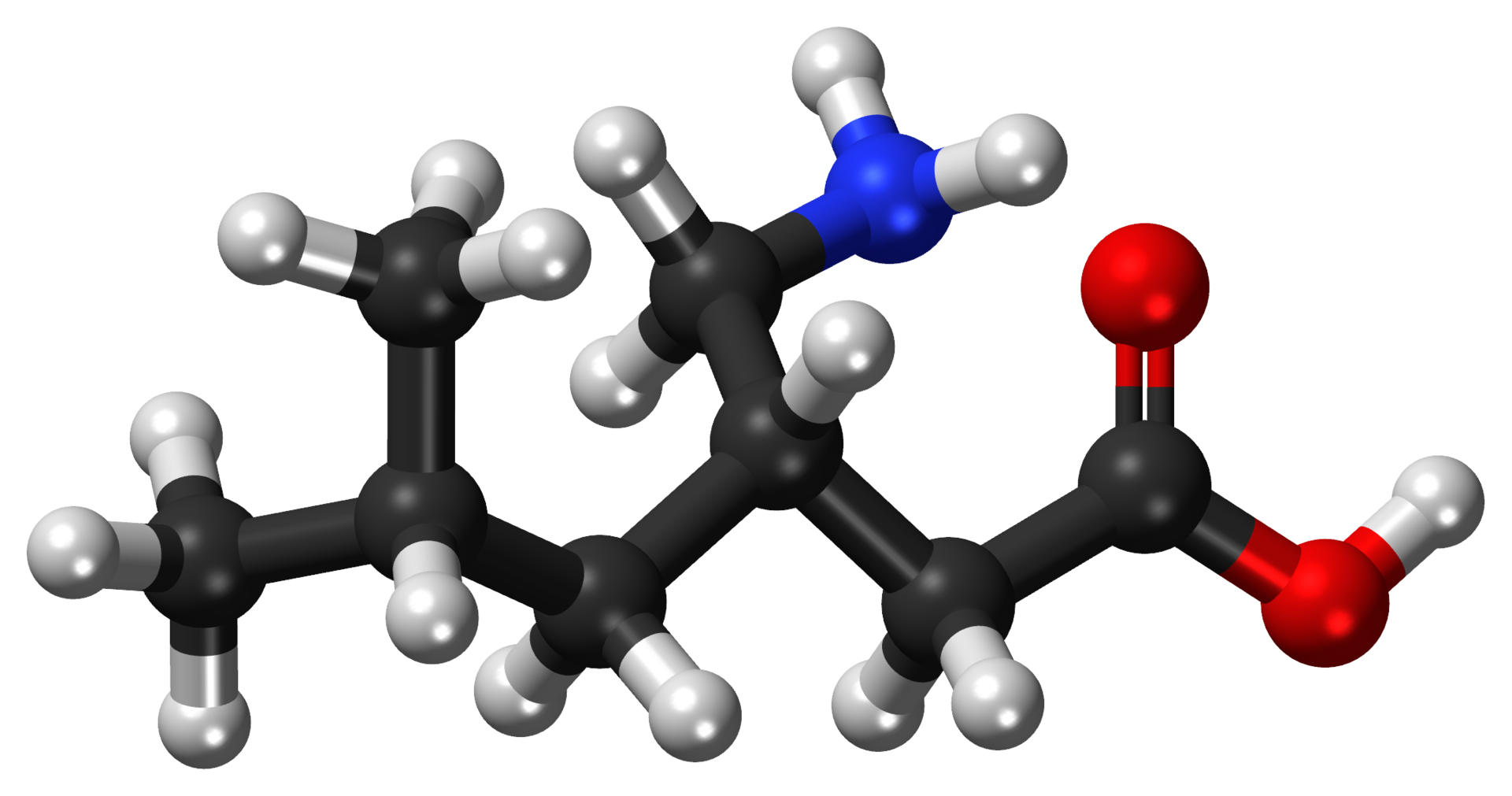Postoperative pain management has become pre-requisite for early recovery after laparoscopic chole-cystectomy and the ideal management of it is definitely multimodal due to the complexity of its na-ture. Many analgesic approaches have already been tested to relieve pain after laparoscopic cholecys-tectomy and anticonvulsants drugs, like pregabalin and gabapentin might be useful and effec-tive.Pregabalin is an antiepileptic drug that is often used to treat neuropathic pain. The use of pre-gabalin as part of multimodal analgesia is still under evaluation and may have a role in the postopera-tive management, as an adjunct. Several studies have evaluated the efficacy and adverse effects of pregabalin in reducing postoperative pain and opioid consumption.In this review, we discuss the role of pregabalin in acute postoperative management after laparoscopic cholecystectomy. Based on avail-able clinical trials it is difficult to draw solid conclusions. More studies and especially well designed clinical trials are required in order to clarify the optimal dose and the duration of therapy before adopt-ing pregabalin in routine clinical practice.
Continue reading

The aim of this case report is to demonstrate the efficacy and safety of Continuous Spinal Anesthesia (CSA) in an elderly patient with severe Chronic Obstructive Pulmonary Disease (COPD), who was scheduled for elective laparoscopic cholecystectomy.CSA can be used to provide a sufficient block in order to allow laparoscopic cholecystectomy to be performed even in patients with severely abnormal respiratory function. Safety, efficacy and a decreased need for postoperative analgesia render this approach a valid option for patients with symptomatic gallstone disease, who are poor candidates for general anesthesia due to cardiorespiratory or airway problems as well as for patients with other contraindications for general anesthesia.
Continue reading






